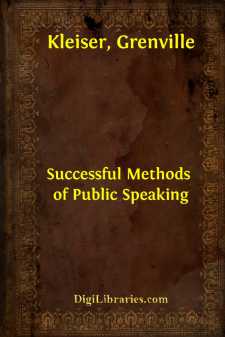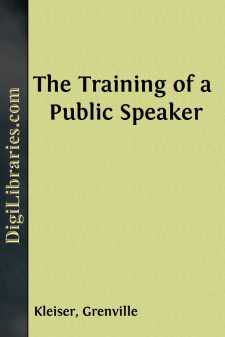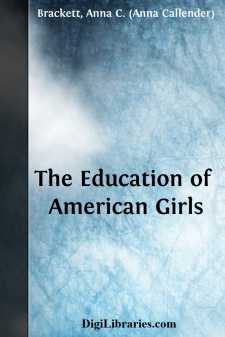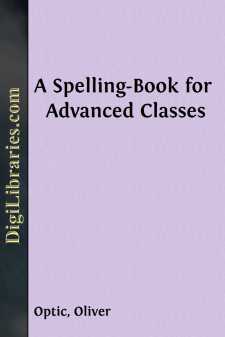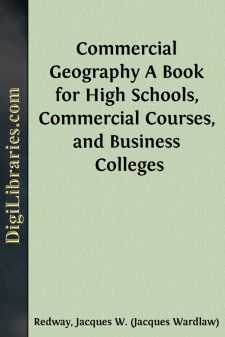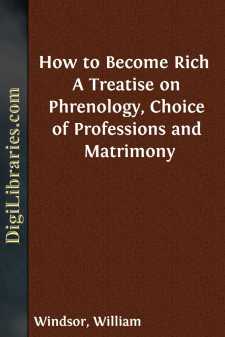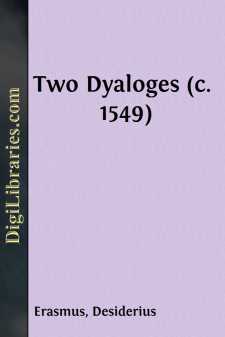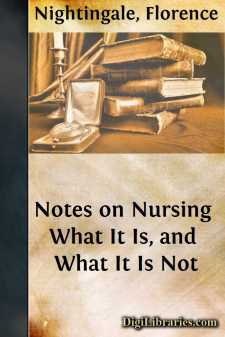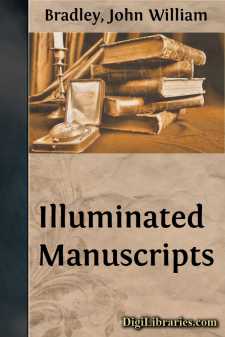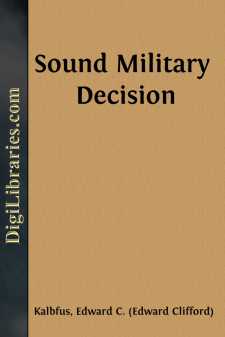Non-Classifiable
- Non-Classifiable 1768
Non-Classifiable Books
Sort by:
SUCCESSFUL METHODS OF PUBLIC SPEAKING You can acquire valuable knowledge for use in your own public speaking by studying the successful methods of other men. This does not mean, however, that you are to imitate others, but simply to profit by their experience and suggestions in so far as they fit in naturally with your personality. All successful speakers do not speak alike. Each man has found certain...
more...
RHETORIC AND ELOQUENCE WHAT RHETORIC IS Rhetoric has been commonly defined as "The power of persuading." This opinion originated with Isocrates, if the work ascribed to him be really his; not that he intended to dishonor his profession, tho he gives us a generous idea of rhetoric by calling it the workmanship of persuasion. We find almost the same thing in the Gorgias of Plato, but this is the...
more...
PREFACE. The Table of Contents sufficiently indicates the purpose and aim of this book. The essays are the thoughts of American women, of wide and varied experience, both professional and otherwise; no one writer being responsible for the work of another. The connecting link is the common interest. Some of the names need no introduction. The author of Essay IV. has had an unusually long and varied...
more...
by:
Oliver Optic
PREFACE. This work, as its title indicates, is intended for the use of Advanced Classes,—for scholars who are, to some extent, familiar with the principles of pronunciation and syllabication. It is not intended to supersede the ordinary Spelling-Book, but rather to follow it, as a practical application of the pupil's knowledge, not only in spelling, but in dividing and pronouncing the more...
more...
CHAPTER I GENERAL PRINCIPLES Commerce and modern civilization go hand in hand, and the history of the one is the history of the other; and whatever may be the basis of civilization, commerce has been the chief agent by which it has been spread throughout the world. Peoples who receive nothing from their fellow-men, and who give nothing in return, are usually but little above a savage state. Civilized...
more...
by:
William Windsor
LADIES AND GENTLEMEN:— In presenting the Science of Phrenology to you to-night, I make one request, and hope you will grant it as a personal favor to me, that is, that you will dismiss from your minds everything that you ever heard about Phrenology and listen to my argument with your minds freed from the prejudices, favorable or unfavorable, that may have been created by other lecturers upon the...
more...
The parsons names are Cannius and Poliphemus. Annius. what hunt Polipheme for here? Poliphem. Aske ye what I hunt for here, and yet ye se me haue neyther dogges, dart, Jauelyn, nor huntyng staffe. Cannius. Paraduenture ye hunt after some praty nymphe of the couert. Poliphemus. By my trouth and well coniectured, be holde what a goodly pursenet, or a hay I haue here in my hande. Canni. Benedicite, what a...
more...
I. VENTILATION AND WARMING. [Sidenote: First rule of nursing, to keep the air within as pure as the air without.] The very first canon of nursing, the first and the last thing upon which a nurse's attention must be fixed, the first essential to a patient, without which all the rest you can do for him is as nothing, with which I had almost said you may leave all the rest alone, is this: TO KEEP THE...
more...
CHAPTER I INTRODUCTORY What is meant by art?—The art faculty—How artists may be compared—The aim of illumination—Distinction between illumination and miniature—Definition of illumination—The first miniature painter—Origin of the term “miniature”—Ovid's allusion to his little book. The desire for decoration is probably as old as the human race. Nature, of course, is the source...
more...
FOREWORD From the earliest days of recorded history, the facts associated with military operations of the past have been constantly studied. The result has been the accumulation of a mass of information from which conclusions have been drawn as to the causes of success and failure. Although scattered through countless volumes, and nowhere completely systematized and classified, this accepted body of...
more...


